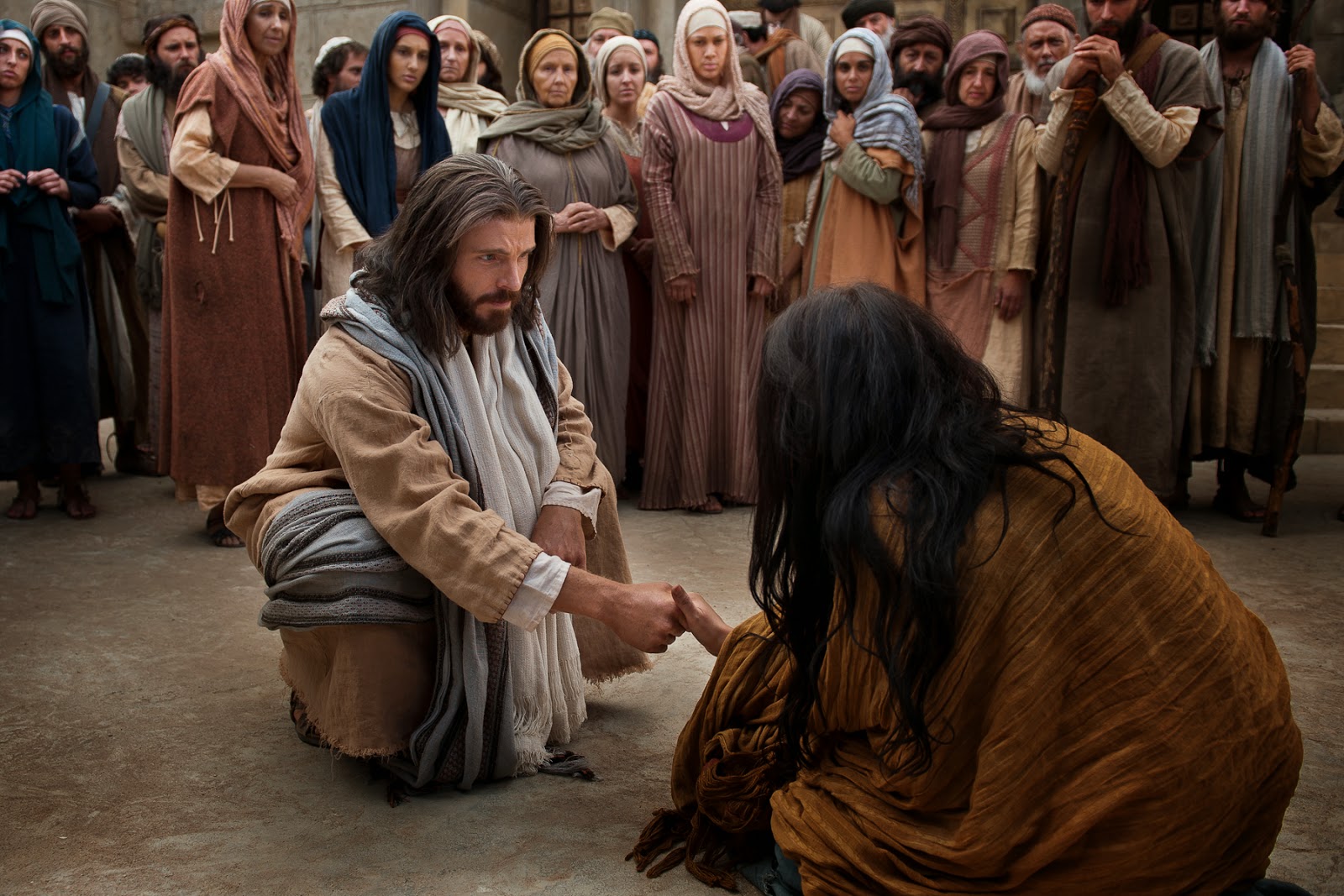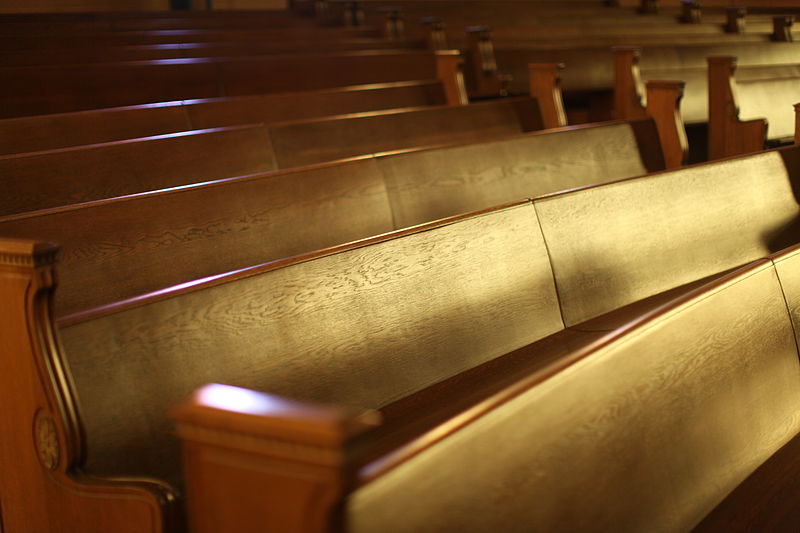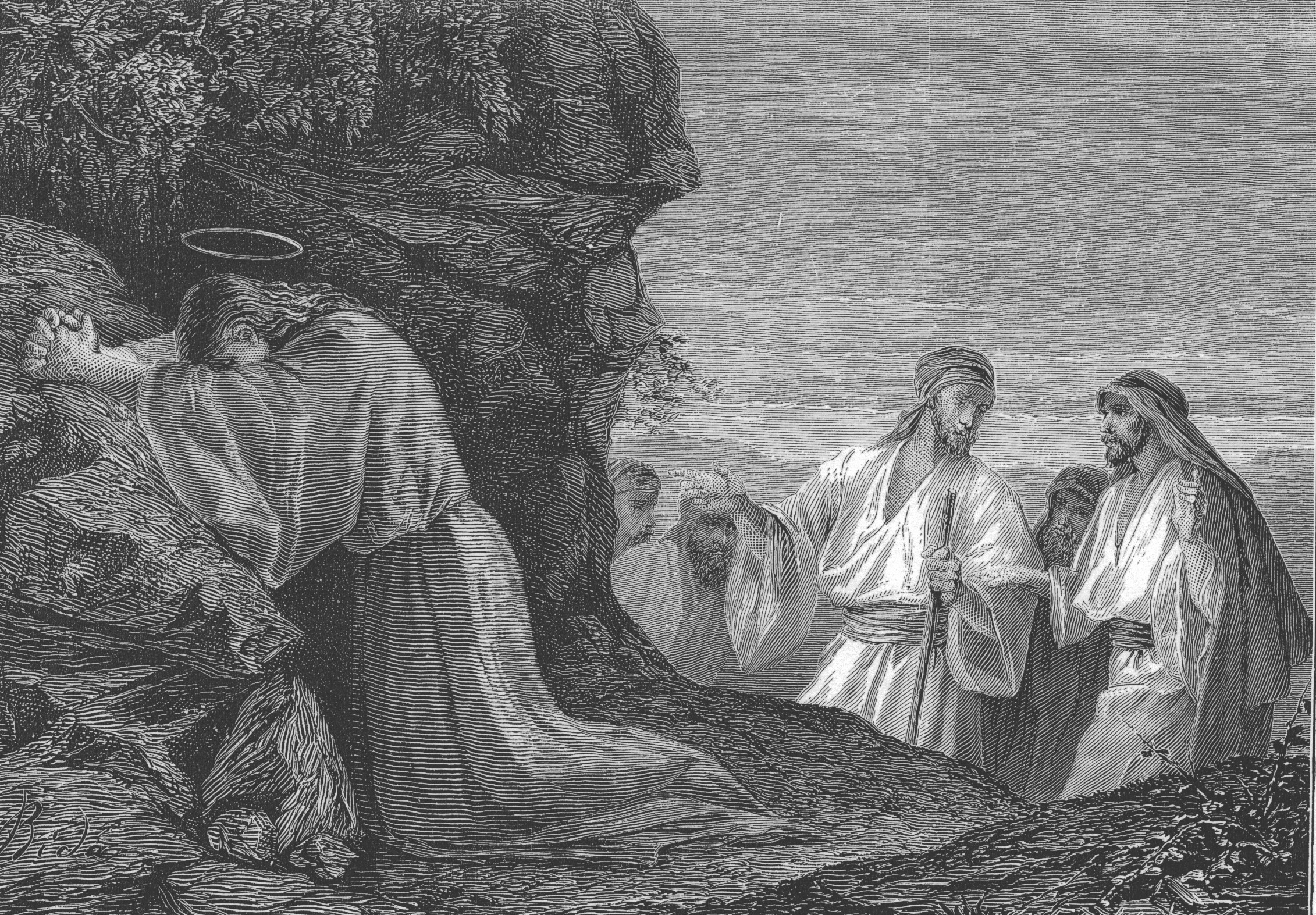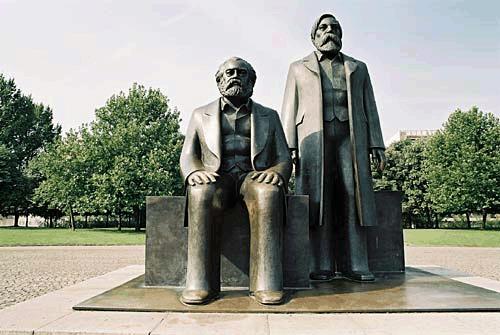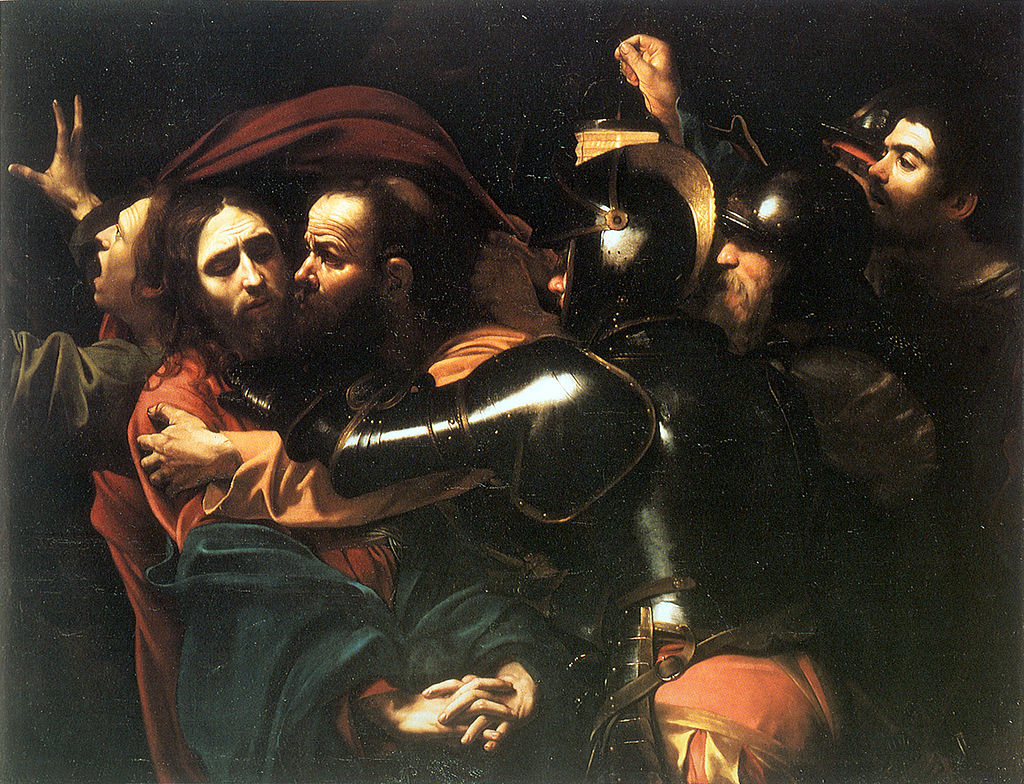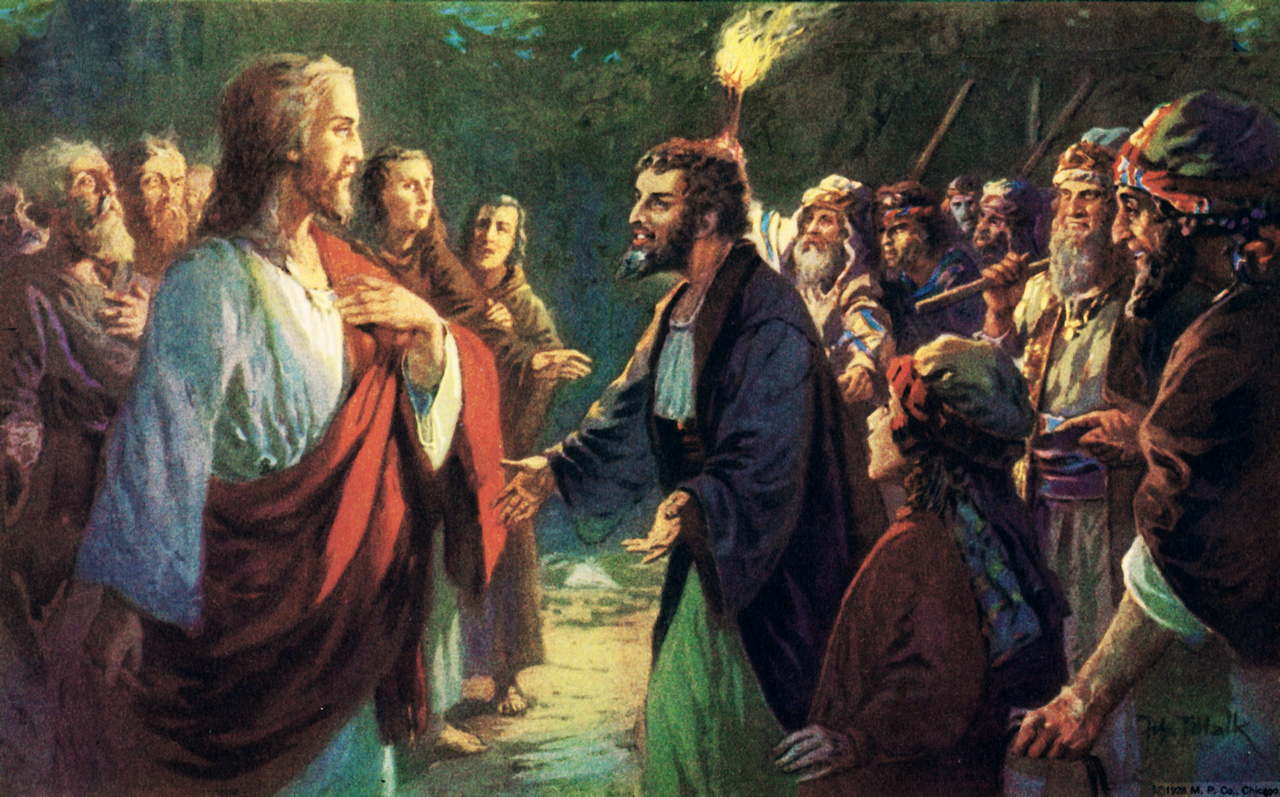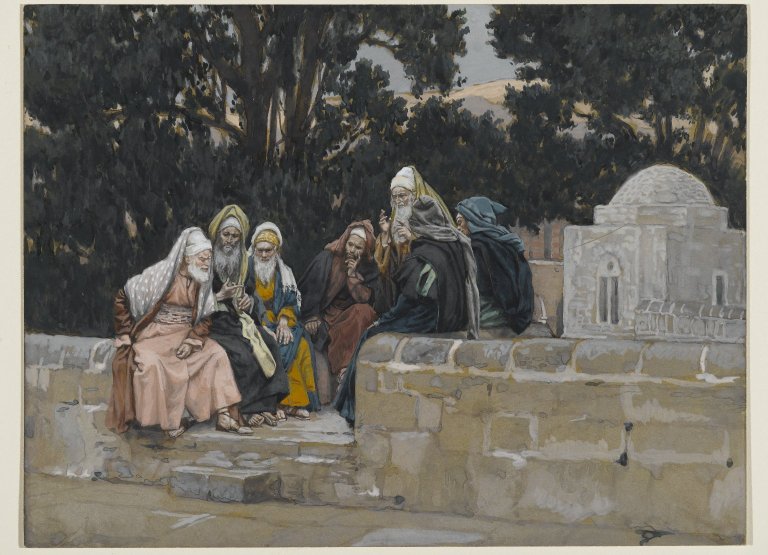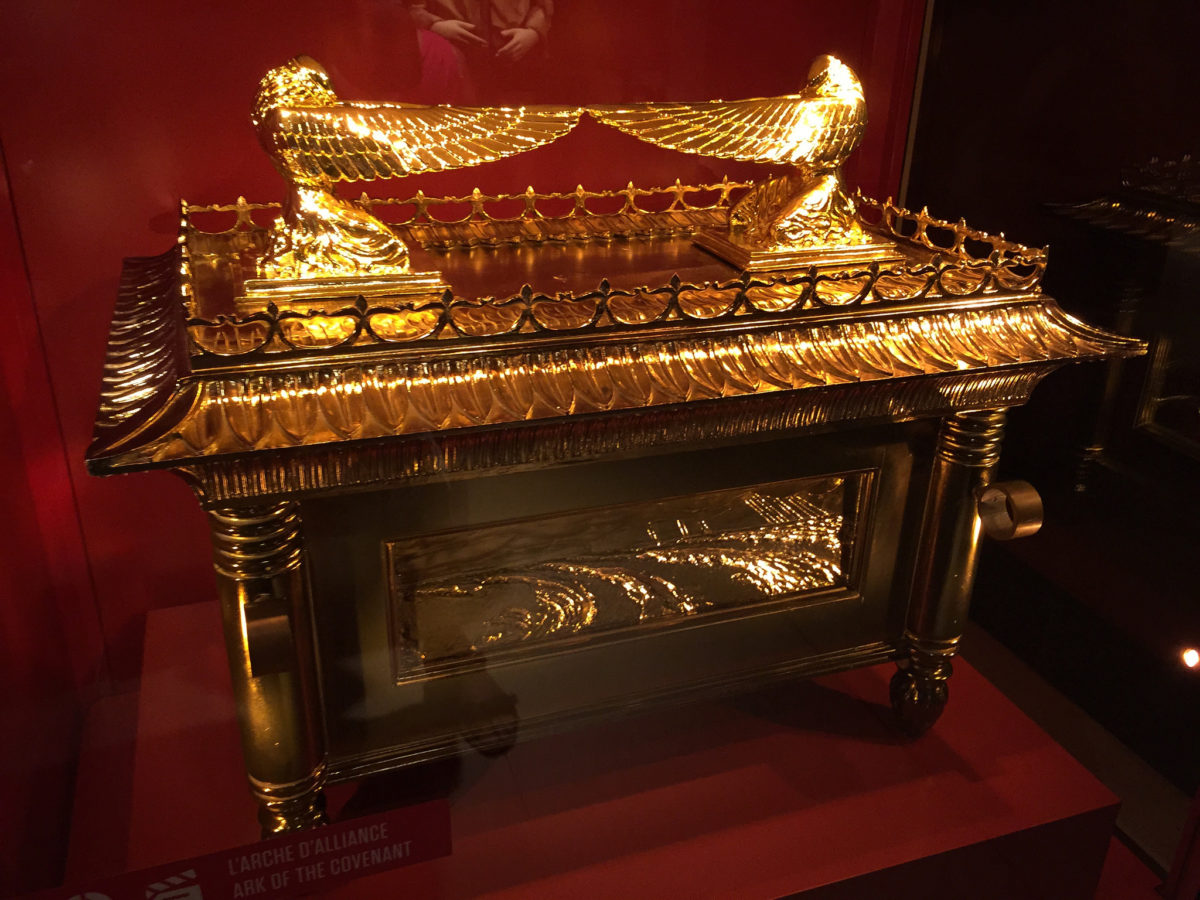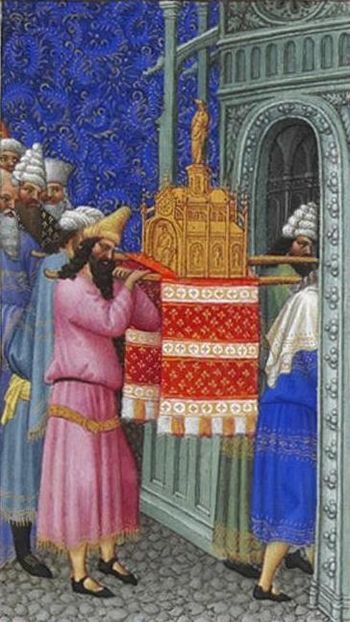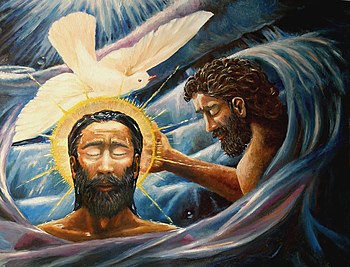If you’ve done any type of sports or exercise, you probably know the term no pain, no gain. All athletes must push themselves hard to obtain victory. Muscles only grow when they are challenged. Your heart needs a little bit of stress from cardiovascular activity to function its best. It’s just the way our bodies are designed to function — you need to
Much like how we have to exercise our muscles, we also have to exercise our souls. Here’s another slogan you’ve probably heard — use it or lose it. But what does it mean to exercise and use your soul? Using your soul means feeding yourself with grace by practicing virtue. Is that easy? No, of course not. But much like how our bodies are designed to function best by stressing it a bit with exercise, our souls are at their best when we challenge ourselves by practicing virtues and avoiding temptations. Sounds hard right? The good news is that we’re not alone in this challenge.

The Catholic Church is a great spiritual fitness instructor. She has challenged people to work harder at developing their spiritual muscles. We may often want to quit when life gets challenging and temptations mount. But the Church is like that coach telling you, “you can do this!” Or, “just one more set!” The Church has never allowed people to cheat and take an easy way out of
Humanae Vitae
This Church’s mindset of uncompromising spiritual living is seen in the 1968 encyclical, Humanae Vitae, which we celebrated its 50th anniversary this past July. Many people, when they hear about Humanae Vitae, they immediately think, “Oh, that’s that document that is against artificial contraception.” But that’s like saying football is that sport where everyone just lines up and falls down. Sure, the Church’s position against artificial contraception is a core teaching of that document. But there’s so much more to it.
Humanae Vitae puts a challenge before all of us. It asks us to put the needs of our soul first in our lives even when recent inventions and social conventions make it seem like we don’t have to. Just because the birth control pill exists, abortion is legal in many countries, and pornography is readily available doesn’t make them good or healthy. Humanae Vitae wants us to realize that a life of immediate gratification is not necessarily happier because we don’t grow spiritually in accordance with God’s design. God’s design requires us to challenge ourselves to stay spiritually healthy. Consider this excerpt from Humanae Vitae about self-discipline and how it leads to “spiritual blessings.”
Self-discipline of this kind is a shining witness to the chastity of husband and wife and, far from being a hindrance to their love of one another, transforms it by giving it a more truly human character. And if this self-discipline does demand that they persevere in their purpose and efforts, it has at the same time the salutary effect of enabling husband and wife to develop to their personalities and to be enriched with spiritual blessings.
From Humanae Vitae, Section 21
The Rosary Connection
The whole Rosary is an exercise in practicing virtue and growing spiritually by challenging yourself. It’s not an easy prayer. It’s relatively long and repetitive. It’s tiring to say it every day, especially when it’s done in a meditative manner. But, the Rosary is a great prayer to tell God that you want to spend time with Him despite your access to various forms of entertainment. We tell Mary that we’ll pray Her Rosary because we believe that it’s one of the best ways to build grace.
There are so many Rosary mysteries that center around the theme of self-discipline. The one I’ll choose to mention is the Second Joyful Mystery, The Visitation. You really have to give Mary credit for traveling and helping Her cousin Elizabeth when She was pregnant. No one would have faulted Mary for cloistering Herself during Her pregnancy given Her circumstances. But She knew that was not what God was calling Her to do. And that is the core of many Church teachings — true happiness comes when we do God’s Will even when it is difficult or inconvenient. That is how we grow and stay spiritually fit.
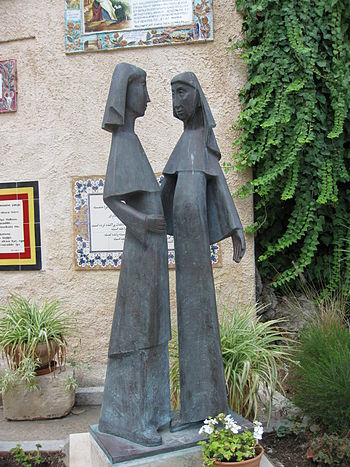
Mary had a choice — does She try to bend God’s Will around Her desires or challenge Herself to follow the path as God designed? She’s our Heavenly Queen for a reason — She uncompromisingly chose to obey God’s Will in Her life. How about you? Are you growing spiritually by challenging yourself to follow God’s plan or are you feeding yourself spiritual junk food through sin and vice?

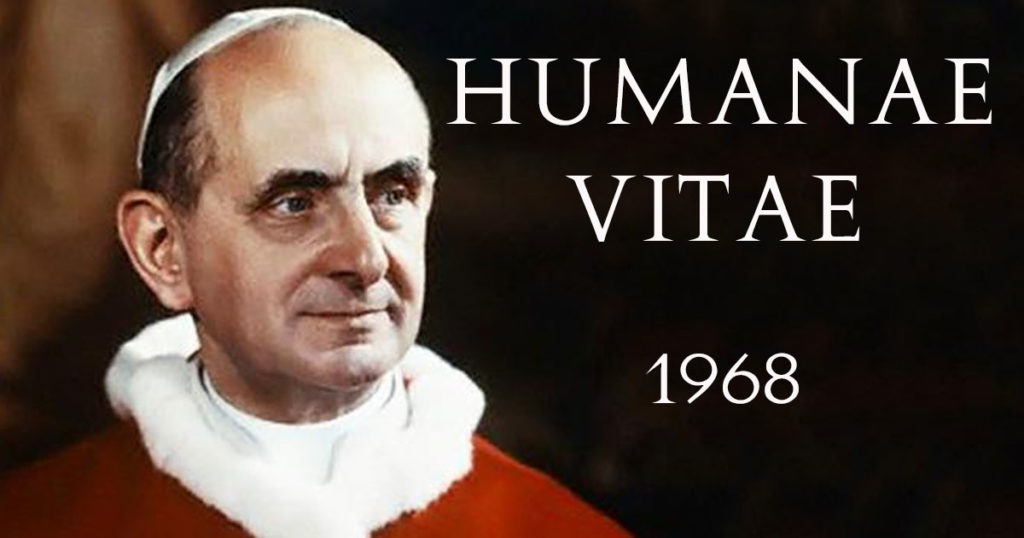

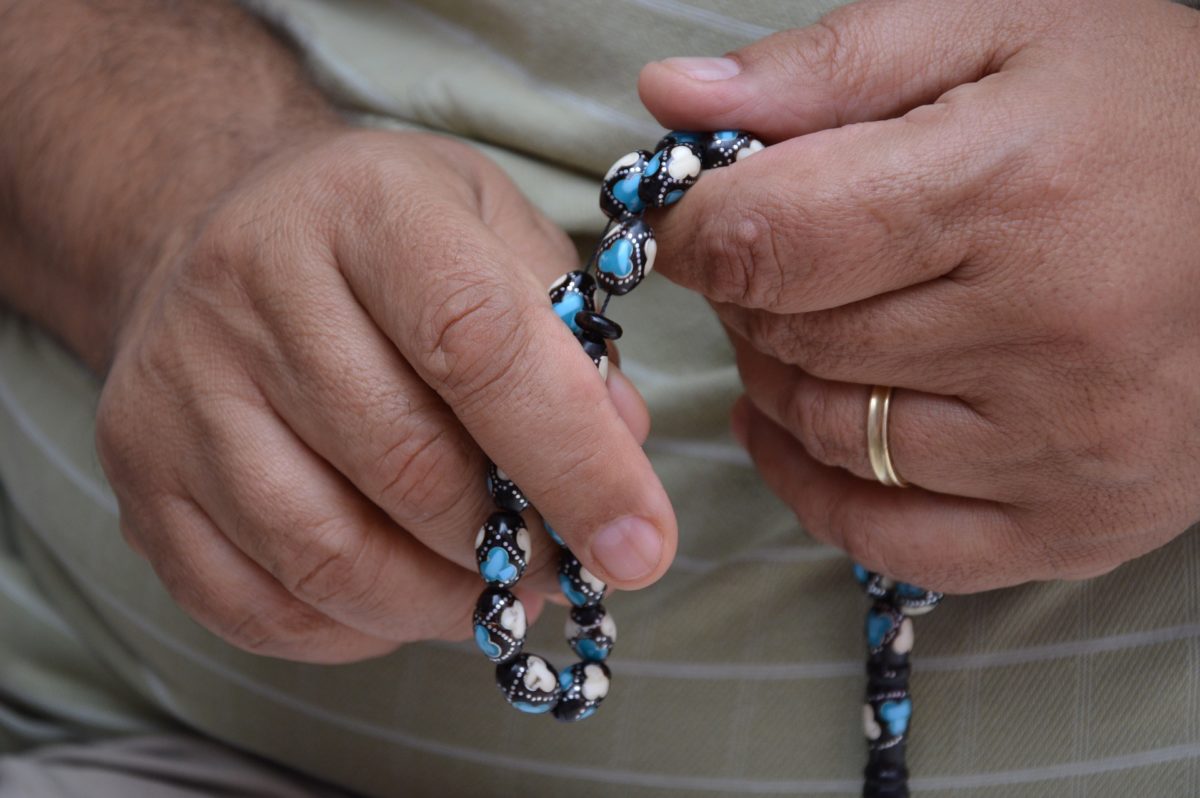
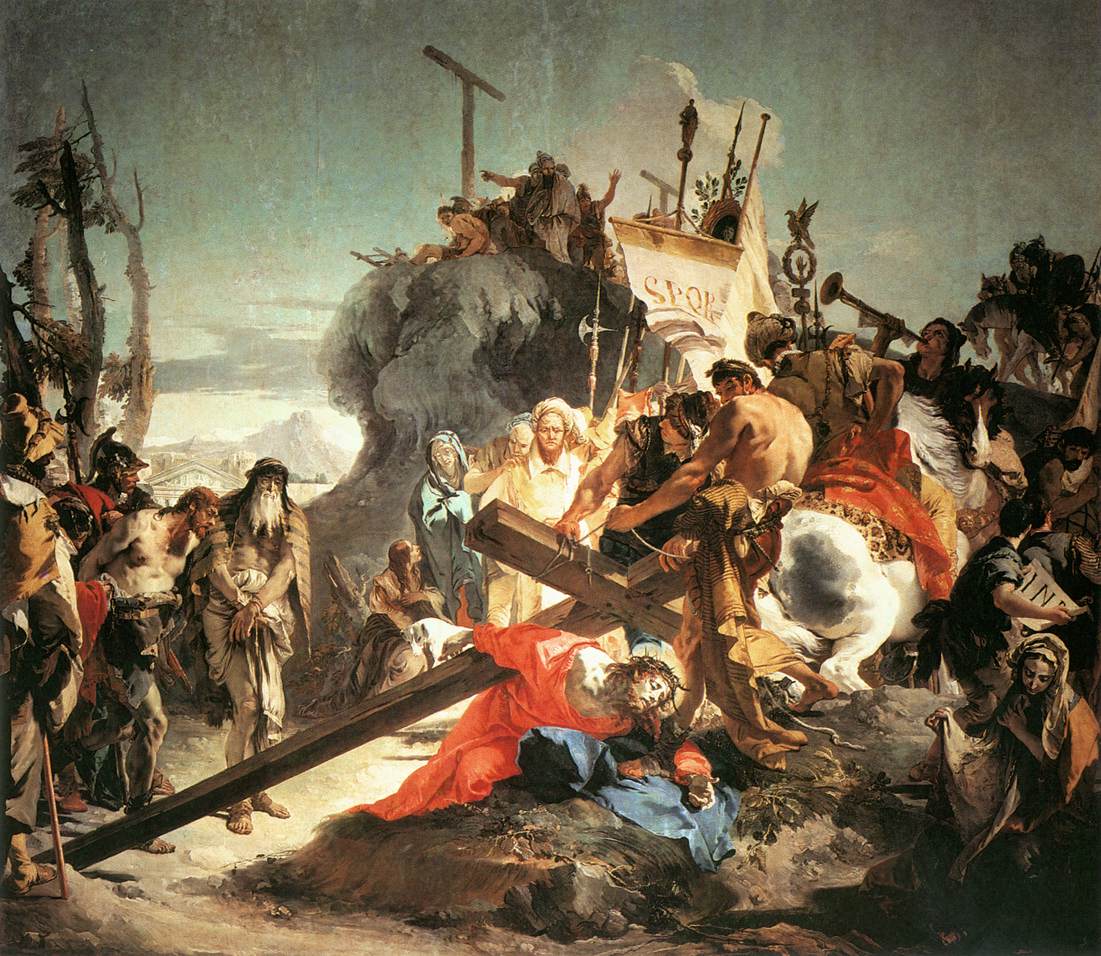 And so we too, are called to keep going and live our Catholic faith. It will be difficult at times when we hear about what is happening inside the Vatican. But, like I said in
And so we too, are called to keep going and live our Catholic faith. It will be difficult at times when we hear about what is happening inside the Vatican. But, like I said in 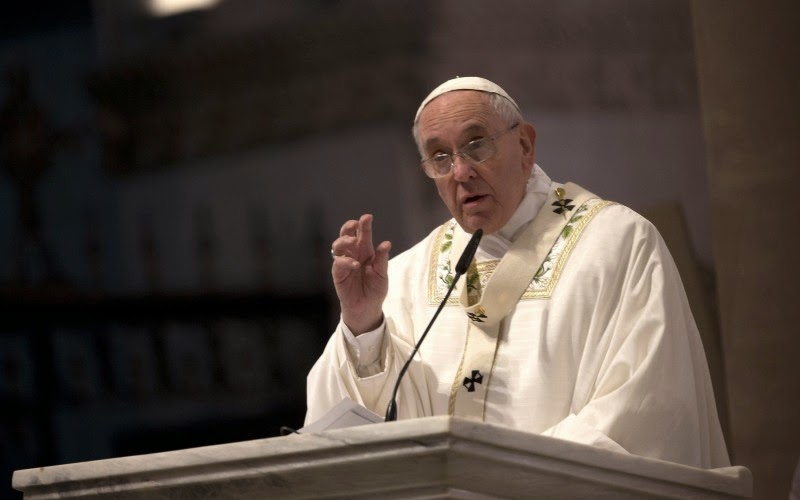
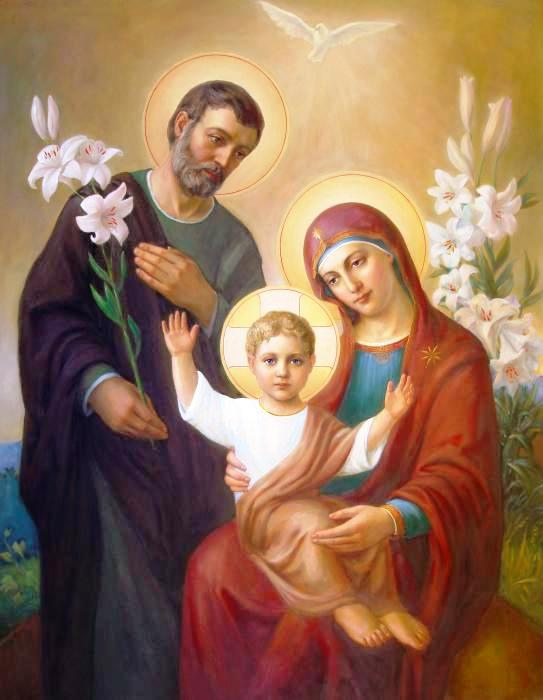

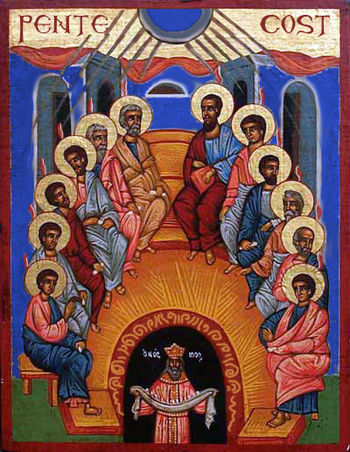
 Pope Francis’
Pope Francis’ 






